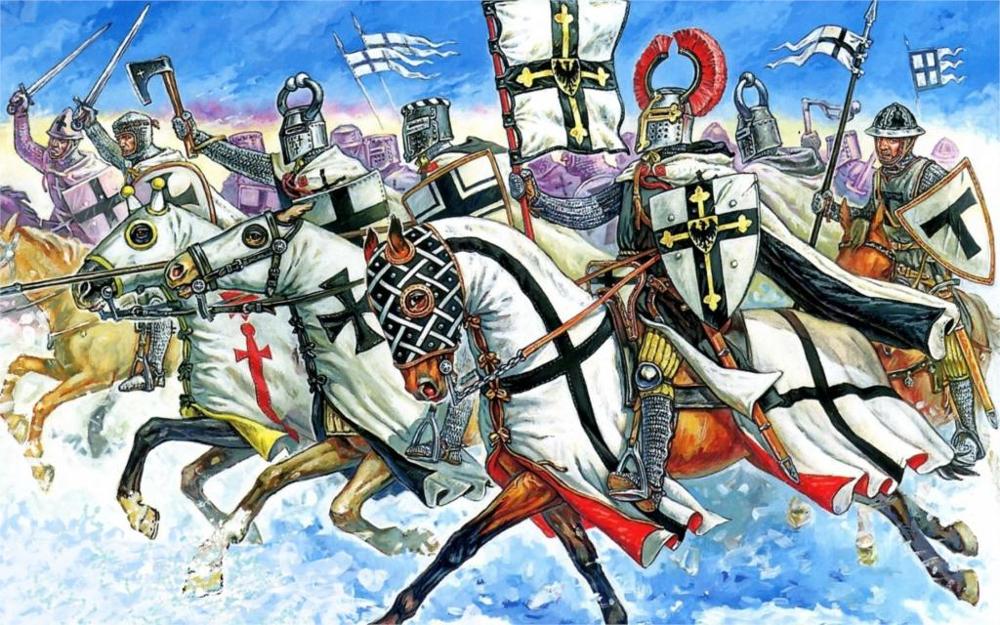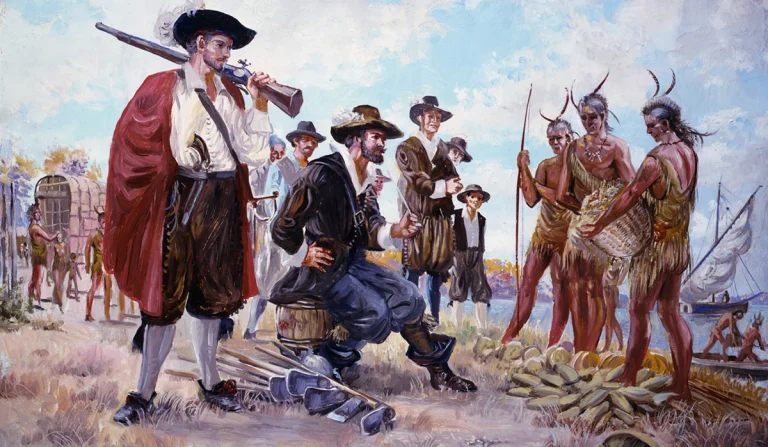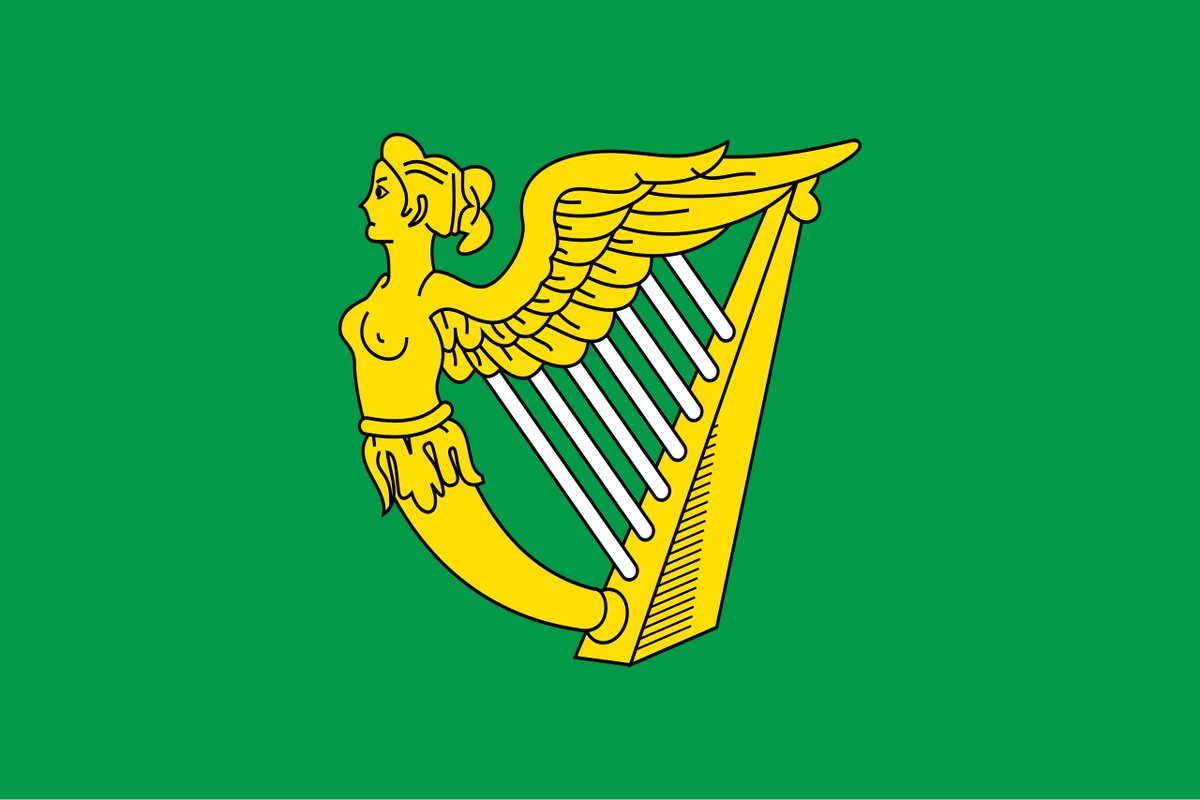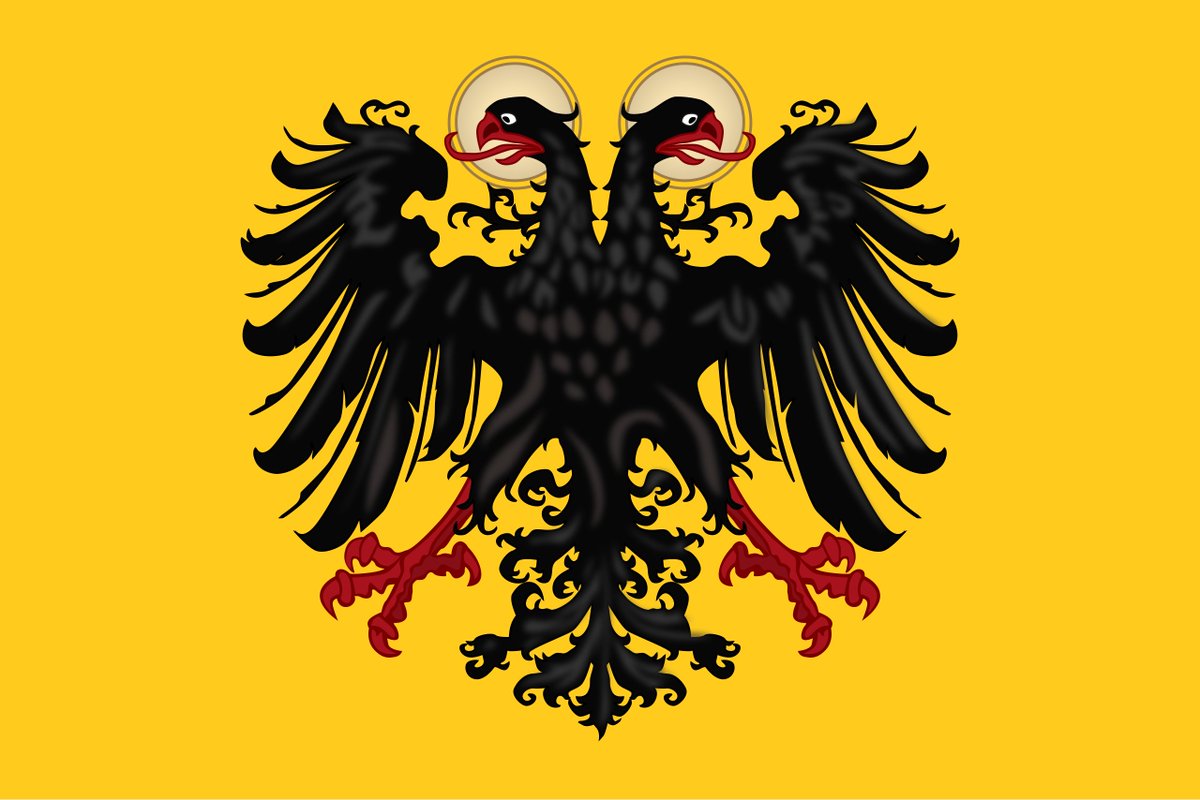Did you know? There is an old legend documented by chroniclers that one of the Teutonic Knights decided to test his commitment to chastity by ordering the prettiest virgin girl they could find to sleep next to him naked for entire year and he didn't touch her. 



This Teutonic Knight was Bertold Brühaven hailing from Duchy of Austria. He served the Order in the Baltic crusades and was Komtur (commander) of Königsberg from 1289 to 1302. The chronicles praise him as a great warrior who conducted many successful raids deep in pagan lands! 





For example Nikolaus von Jeroschin writes that in 1291 "that ever reliable warrior for God" Brother Bertold Brühaven attacked ferociously the area called Junigeda, burning and looting it and also killing or taking prisoner approximately 700 local Baltic heathen men and women! 



The same year he also attacked the pagan fortress of Medraba and "stormed it relentlessly until he captured it from the control of the enemy, killing or taking prisoner everyone he found there. Having achieved this he burned down the castle and returned home." 

He also fought against other Christians during the tensions between Archbishopric of Riga and Livonian branch of the Order. Grand Master Gottfried von Hohenlohe sent Brühaven with a big force of Teutonic Knights to help fellow brethren against "arrogant Rigans"! 

The brothers under Brühaven's leadership successfully defeated the Rigans at Neuermühlen and "created many widows in the town of Riga"! Nikolaus von Jeroschin further describes how Teutonic Knights "hacked at and killed... more than 4000." No mercy was shown to their enemies! 

The legend of Berthold Brühaven choosing the ordeal of chastity is documented by both Peter von Dusburg and Nikolaus von Jeroschin. Here is what Peter von Dusburg wrote about it in Latin with a tone full of admiration and amazement for this deed. Ecce mira res et stupenda! 

• • •
Missing some Tweet in this thread? You can try to
force a refresh











































